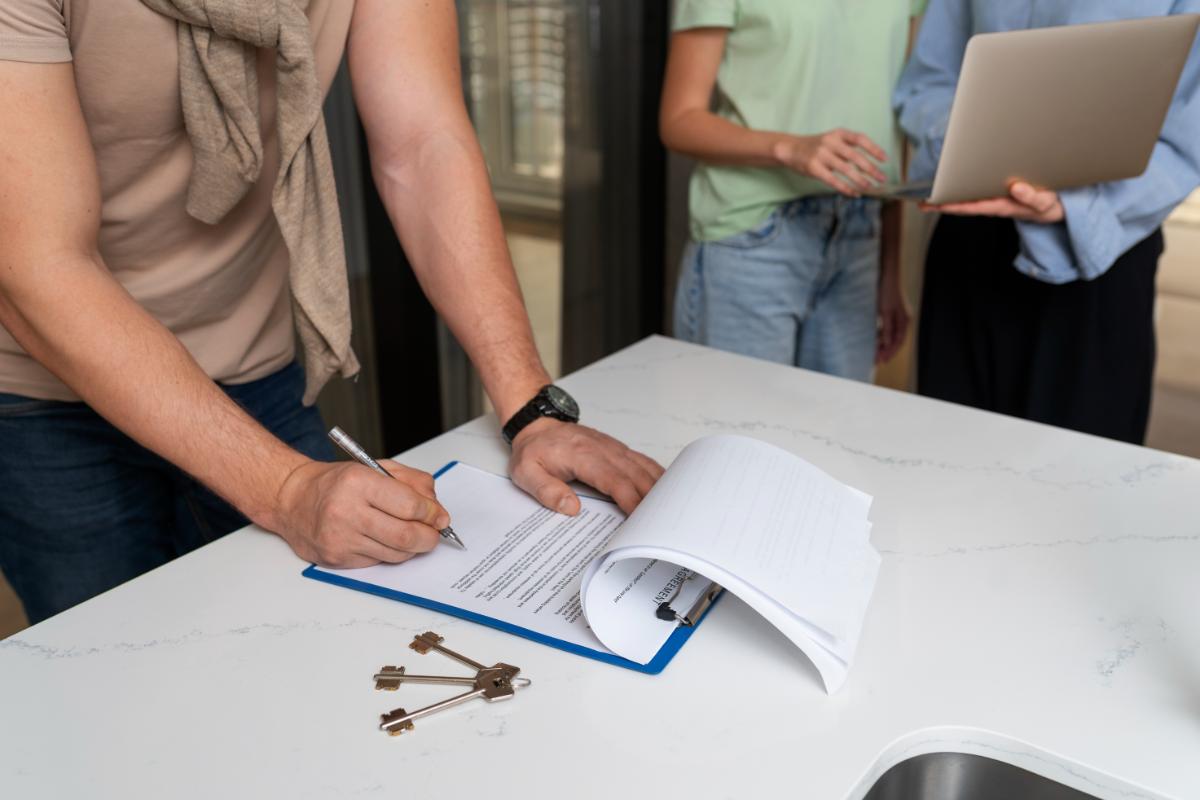Property Dispute Resolution Australia: What You Must Know
Property disputes can emerge unexpectedly—whether between co-owners, neighbours, landlords and tenants, body corporates, or local councils. In Australia, resolving these conflicts effectively requires understanding both legal frameworks and practical dispute resolution methods.
This guide reviews key property dispute resolution options in Australia, explains how they work, and highlights when legal support via Legal Finda offers crucial confidence.
Why Property Disputes Matter
Property disputes in Australia can range from seemingly minor boundary disagreements to high-stakes strata corporation conflicts or development rights issues. Mismanaged disputes can result in:
- Escalated costs from court-based litigation
- Extended delays to rebuilding, leasing or selling
- Damaging outcomes such as enforced compensation, penalty orders, or ruined relationships
Swift, structured resolution is not just sensible—it preserves property value, legal compliance, and reputations.
Common Types of Property Disputes in Australia
Australian property disputes often fall into five major categories:
- Boundary, Easement and Title Issues: Conflicts over land boundaries, rights of way, or shared access point to statutory frameworks such as the Real Property Act 1900 (NSW) or Torrens title systems.
- Strata & Body Corporate Disputes: Disagreements may involve levies, by-laws, maintenance obligations or voting rights. Governed by state legislation (e.g., Strata Schemes Management Act 2015 (NSW), Owners Corporations Act 2006 (VIC)).
- Co-Ownership Conflicts: Joint principals may disagree over use, sale, or financing of a shared title—resolved under trust, contract, and equitable law principles.
- Land Use, Planning & Nuisance Disputes: Involves council orders, unauthorised building work, noise, or environmental concerns. Councils rely on state-specific Planning Acts and Environmental Protection laws.
- Tenancy and Lease Disputes: Residential and commercial leaseholders may dispute rent, repairs, termination terms, or compliance—subject to Residential Tenancies Acts and tribunal systems in each state.

Dispute Resolution Mechanisms in Australia
Different pathways exist to resolve disputes depending on facts, urgency, and parties’ ability to negotiate.
1. Negotiation
- Informal, direct communication is often the fastest route.
- Most effective with clear facts, mutual interests, and written evidence.
- Saves time and legal fees while preserving relationships.
Expert legal advice ensures that negotiation outcomes align with legal rights and obligations.
2. Mediation
- A neutral mediator facilitates discussion, often at tribunals or through private ADR services.
- Offers a confidential, structured setting with emphasis on mutual agreement.
- Preferred in strata and co-ownership cases to resolve conflicts before costs escalate.
Mediated agreements are legally binding once signed but cannot be imposed—preserving autonomy while offering enforceability.
3. Conciliation
- Similar to mediation but allows the conciliator to suggest solutions.
- Often used in human rights or administrative disputes, but applicable in complex strata or neighbour issues.
- Less formal than arbitration, but more guided.
4. Arbitration
- A binding process where parties agree to an appointed arbitrator whose decision is final.
- Suitable for disputes involving technical matters (e.g. construction defects, land valuations).
- Arbitrator can be selected for industry expertise, such as quantity surveyors or property law barristers.
Arbitration is often faster than court proceedings and provides a private forum with enforceable outcomes.
5. Tribunal Hearings & Court Litigation
- State tribunals (e.g., NCAT in NSW, VCAT in VIC) resolve property disputes up to defined values.
- Ideal for strata levy recovery, tenancy issues, or by-law enforcement.
- County or Supreme Courts handle high-value land disputes, co-ownership breakdowns, or complex title matters.
- Involve formal procedures, discovery, evidence rules, and appeals.
- Court processes may take months or years, so early advice is critical to assess costs and timelines.

When to Involve Legal Expertise
A neutral process doesn’t ensure success—legal strategy shapes the outcome. If you’re unsure about how to find a good property lawyer, Legal Finda connects users with experienced Australian property law solicitors who:
- Advise in early negotiation or ADR stages
- Draft letters of demand, mediation submissions, or consent orders
- Represent clients in tribunals or courts
- Appoint expert witnesses for technical disputes
- Ensure compliance with state acts and property regulations
Expert commentary from leading property lawyers emphasises that:
“Effective resolution balances legal rights with practical reality—it’s not just winning.”
— Senior NSW property disputes specialist
Frequently Asked Questions
Q: What if the other party refuses mediation?
Parties can proceed directly to arbitration or tribunal, though a court may require ADR to be attempted first—designed to avoid litigious escalation.
Q: Can mediation be enforced later?
Yes—settlement agreements reached in mediation become binding contracts once the parties sign. If not complied with, a party may seek enforcement via a court or tribunal.
Q: How long do tribunal disputes take?
Most strata or tenancy disputes are resolved within 4–8 weeks. Complex cases in court may take from 6 months to 2 years, depending on jurisdiction and complexity.
Final Thoughts
Navigating property dispute resolution in Australia demands a clear strategy tailored to each dispute type and legal context. Whether boundary disagreements, strata complications, or co-ownership issues, a mix of negotiation, ADR, tribunal action, and legal support is essential.
Legal Finda connects users with experienced property dispute lawyers, ensuring clarity at each step—from pre-dispute advice to legally binding settlement. Effective dispute resolution protects not only legal rights but property value, personal relationships, and future peace of mind.

LegalFinda Editorial Team
The LegalFinda Editorial Team is composed of qualified Australian solicitors, legal researchers, and content editors with experience across family, property, criminal, and employment law.
The team’s mission is to translate complex legislation into clear, reliable guidance that helps everyday Australians understand their legal rights and connect with the right lawyer.

.png)

.png)